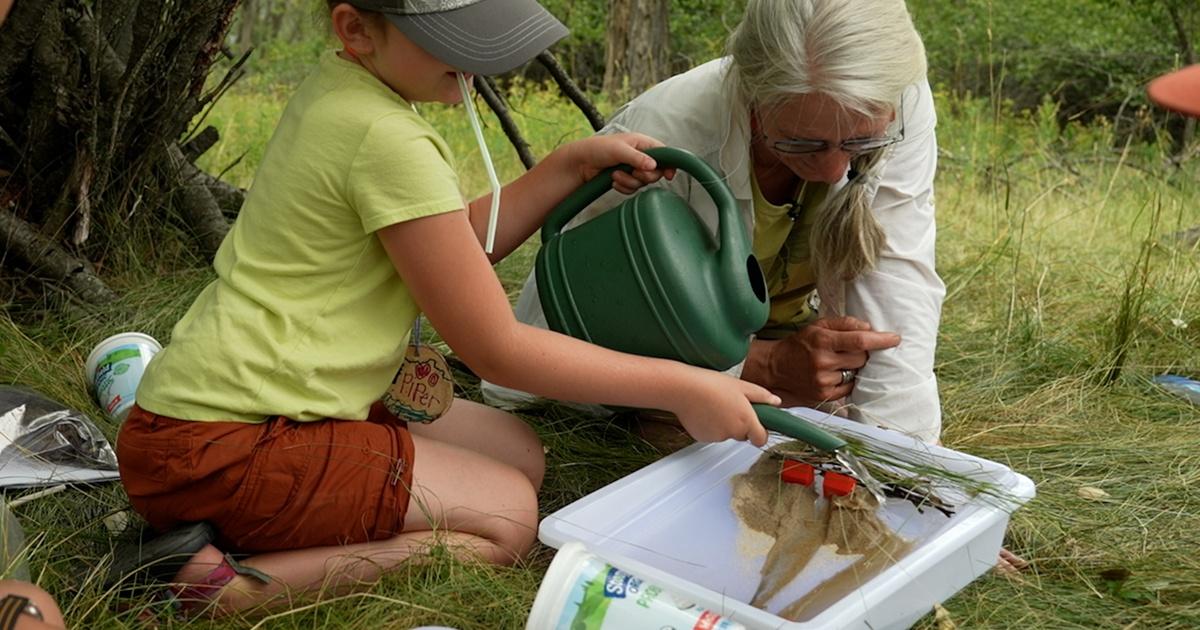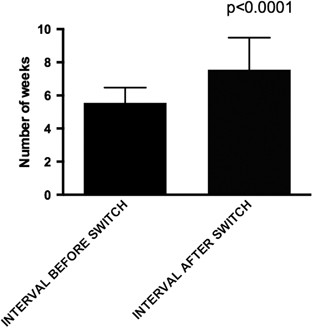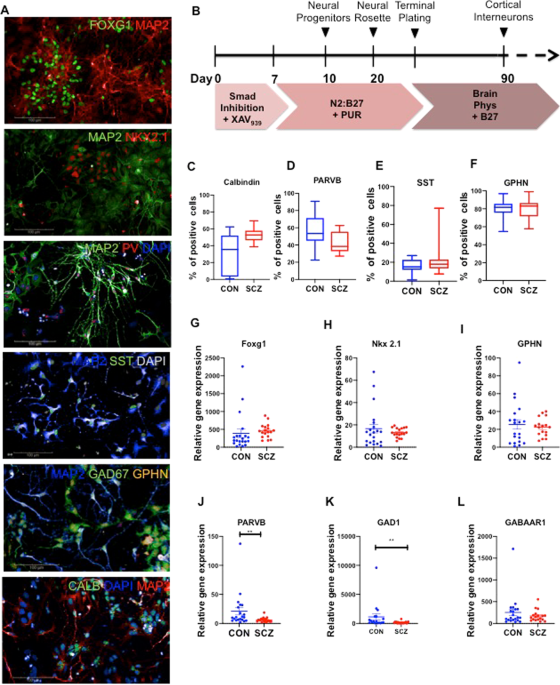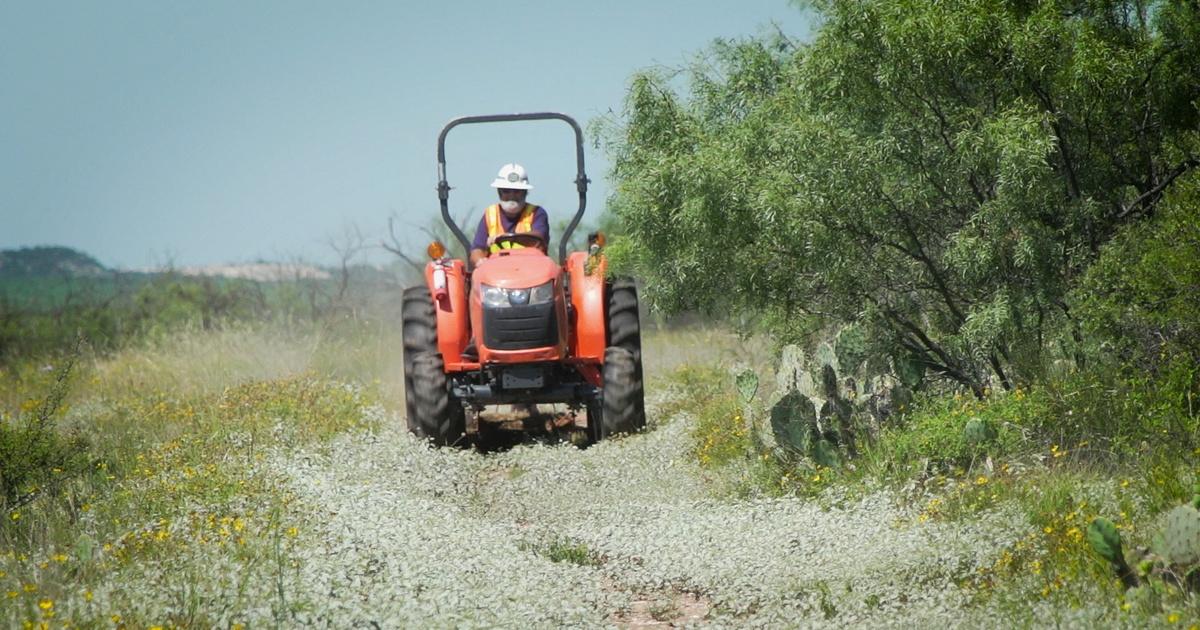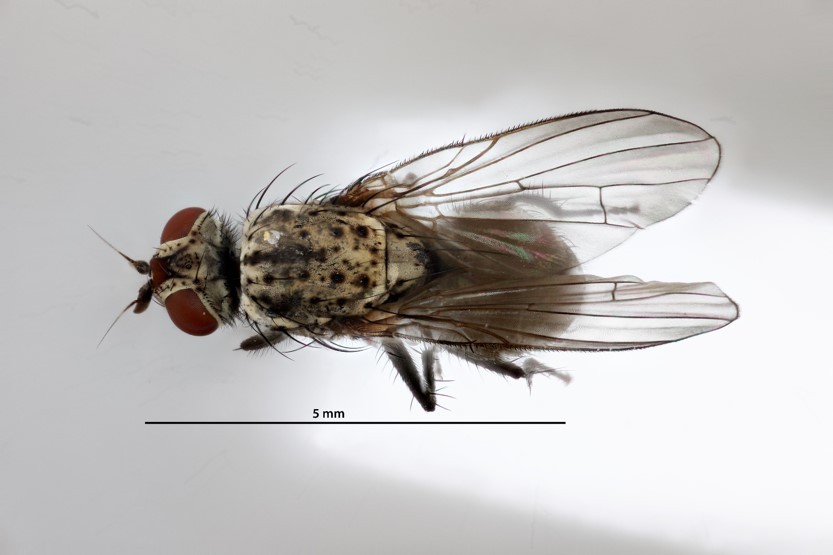
- Select a language for the TTS:
- UK English Female
- UK English Male
- US English Female
- US English Male
- Australian Female
- Australian Male
- Language selected: (auto detect) - EN
Play all audios:
Lire en français Two soil-dwelling, invasive fly species are causing widespread devastation on vegetable crops in Kenya, due to lack of effective control options for smallholder farmers. A
study conducted by scientists from Kenya’s University of Nairobi and the International Centre of Insect Physiology and Ecology (ICIPE) showed the severe consequences of inadequate control
options and limited knowledge among smallholder farmers. Crop pests and diseases emerge as major threats to vegetable production analysed in the five counties (Nyandarua, Nakuru, Kiambu,
Kajiado, and Nyeri), highlighting the urgent need for efficient, cost-effective, and sustainable management strategies in Sub-Saharan Africa. The study, published in _Scientific Reports_
found _Delia platura_ as a potential pest in cabbage crops and _Atherigona orientalis_ in onions. In the fields affected by these pests, the severity of damage was high, with the researchers
detecting other soil-borne pests across different agro-ecological zones namely white grubs, wireworms, and sap beetles. Soil-dwelling pests that co-existed such as sap beetles and onion
maggots aided in the transmission of plant diseases, especially Fusarium basal rot, causing further yield losses, the researchers observed. While the occurrence, incidence and severity of
these pests varied considerably on cabbages and onions, the study says, more than 95% of the farmers’ application of synthetic insecticides had little success. “Climate change and habitat
destruction have led to high infestation of invasive crop pests that are very difficult to control. A considerable proportion of the devastating pests and diseases dwell in the soil and are
difficult to detect until irreversible damage has been done,” said Dennis Beesigamukama, the study’s co-author and post-doctoral research fellow in insect frass fertilizers and soil health
at ICIPE. The researchers call for the development of efficient, cost-effective and sustainable management strategies that target pests. “This will encourage a shift from synthetic
pesticides which are less effective, costly and harmful to humans and the environment,” Beesigamukama says.
